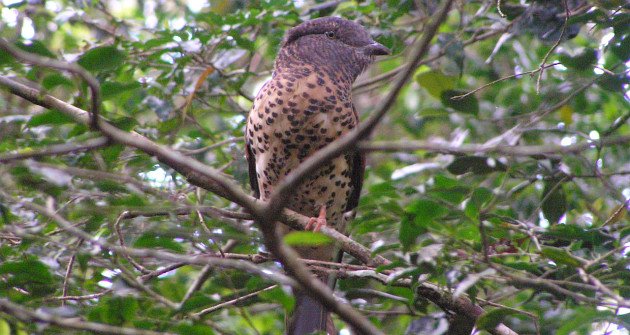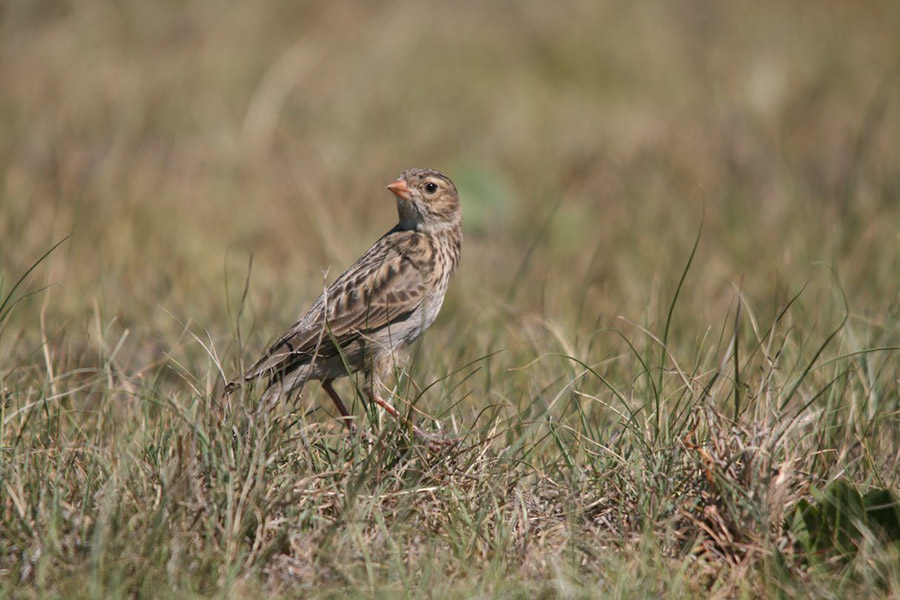PROTECT YOUR DNA WITH QUANTUM TECHNOLOGY
Orgo-Life the new way to the future Advertising by AdpathwayWhilst there continue to be many threats to bird habitats across the United States and the wider world which we should not get complacent about, it’s nice to hear about some good news from time to time. This summer there have been some nice victories for avian conservation in several US states. Many of these wins have been in part thanks to the dedicated activism and lobbying (the good kind) of the American Bird Conservancy (ABC), which has rallied its supporters to swing key votes in favour of protecting avian wildlife – it just goes to show that we can make a positive difference!
At the state level: harmful foam & pesticides banned, safer wind turbines, and horseshoe crabs protected
As reported by the ABC, the following legislative changes have been achieved:
- Connecticut: Restrictions on the harmful pesticides known as neonicotinoids/neonics, with the chemicals banned for use on ‘lawns, golf courses, and turf fields’ (amounting to approximately 10% of land within the state), commencing in 2027. Additionally, adhering to Senate Bill 9, the prohibiting of the sale of ‘highly toxic rodenticides’ from stores, which can pass on secondary poisoning to predatory birds (effective immediately).
- New York (State): The Horseshoe Crab Protection Act passed both the Assembly and the Senate, although still awaits signing off by the Governor until being made into law (you can sign this petition to help make sure it’s finally approved). The eggs of Horseshoe Crabs provide a vital food source for various different shorebirds, in particular the Red Knot, which is a threatened species.
- Texas: House Bill 3556 was passed which ensures that the Texas Parks and Wildlife Department must be consulted regarding the construction any new wind turbines above 575 feet in height to ensure they don’t interfere with the migratory paths of any bird species. The bill will be effective from September 1st.
- Vermont: A banning of neonics and other harmful chemicals on ‘shrubs, nursery flowers, and landscaped areas’ as of July 1st, 2025, and then on ‘soy, corn, and wheat seeds’, starting in 2029.
- Virginia: Takeout containers and beverage receptacles made from expanded polystyrene have finally been banned (effectively immediately). The relevant bill was delayed by a number of years, but finally went over the line!
At the Federal level: progress on ‘One Big Beautiful Bill’ and what it means for birds
The ‘One Big Beautiful Bill’ threatened to sell off large tracts of public land across 11 Western states, accounting for between 2-3 millions hectares, as well as destroy numerous wildlife refuges (both on and off land) for energy extraction and resource mining operations, plus allow for companies to sidestep public environmental reviews through paying a fee and generally weaken a whole host of other environmental protection rules that protect numerous species and habitats. Thankfully, during the lengthy debate and revisions of the bill, some of the worst offending parts were removed or altered, and there were even some positive developments with regards to increased funding for the Regional Conservation Partnership Program, Environmental Quality Incentive Program, and Agricultural Conservation Easement Program – all of which provide compensation to encourage landowners (including farmers and ranch owners) to support conservation areas on their land.
The gridlock in Congress regarding the bill was finally broken at the beginning of July, with the bill narrowly being passed by 51-50 in the Senate on the 1st, then being passed by 218–214 in the House of Representatives on the 3rd of July. Despite the revisions, negative aspects remain within the legislation with regards to avian conservation. Going forward, the ABC expects there to be future budget cuts made to the US Fish and Wildlife Service, National Marine Fisheries Service, US Forest Service, US Geological Survey, and Environmental Protection Agency.
 Photo via the BBC
Photo via the BBC






















 English (US) ·
English (US) ·  French (CA) ·
French (CA) ·